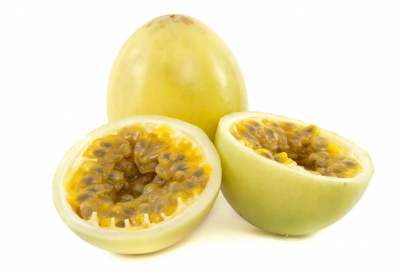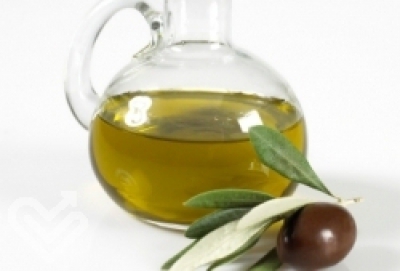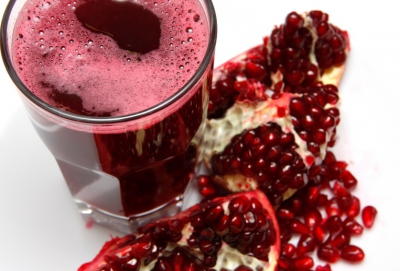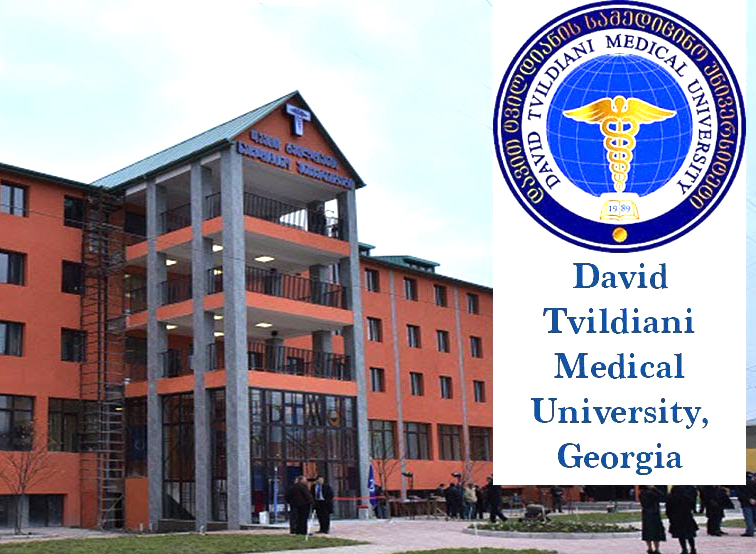Avocado fruits are getting very popular anywhere in the world. Throughout the year, you can find avocado in your nearby supermarkets. Avocado is sometimes called “avocado pear” or “alligator pear”, and “AguacatePalta” in Spanish.
The world, especially in developing countries, is trying to adapt avocado as one of substitutes to cope for the shortage of nutritious food production.
Avocado is one of the most recommended fruits as well as a food for bodybuilding and medicine for cholesterol-related heart diseases.
Also, did you know that avocado or an avocado extract is good for prevention or treatment of “breast cancer” as well as “prostate cancer”? Some information states that a toxin found in avocado can kill cancer cell. However, the toxin mentioned here is not identified completely. Scientists believe that the toxin has a great effect on the myocardium (heart muscle tissue) as well as on tissues of the lactating mammary gland.
Although many farmers believe that fresh and dried leaves, bark, skin, and seeds are toxic to cattle, goats, horses, rabbits, and birds, there is no definite scientific explanation for that.
Do not worry about the fruit meat of avocado. There are no dangerous toxic elements for human consumption as well as for animals.
Creamy rich avocado is considered the world's healthiest fruit, because of its nutrient contents such as vitamin K, dietary fiber, potassium, folic acid, vitamin B6, vitamin C, copper, and reasonable calories in it.
Avocados contain “oleic acid”, a monounsaturated fat that may help lower cholesterol.
In our studies, patients with high cholesterol levels who ate avocados showed clear health improvements. After a week of avocado diet, patients had significant decrease in cholesterol contents.
Avocado is a good source of potassium, a mineral that helps regulate blood pressure. Adequate intake of potassium can help guard against circulatory diseases, like high blood pressure, heart disease, or stroke.
Diets containing foods that are good sources of potassium and low in sodium may reduce the risk of high blood pressure and stroke. One cup of avocado has about 23% of the Daily Value for folate, a nutrient important for heart health.
Another study showed that individuals who consume folate-rich diets have a much lower risk of cardiovascular disease or stroke than those who do not consume much of this vital nutrient.
Not only avocado has a rich source of monounsaturated fatty acids including oleic acid, which has recently been shown to offer significant protection against breast cancer, but it is also a very concentrated dietary source of the "carotenoid lutein". It also contains measurable amounts of related carotenoids plus significant quantities of vitamin E.
A few slices of avocado in salad, or mixing some chopped avocado into salsa will not only add a rich, creamy flavor, but will greatly increase your body's ability to absorb the health-promoting carotenoids that vegetables provide.
Compared to other fruits or vegetables such as carrots and spinach, just a slice of avocado improves your body's ability to absorb carotenoids.









